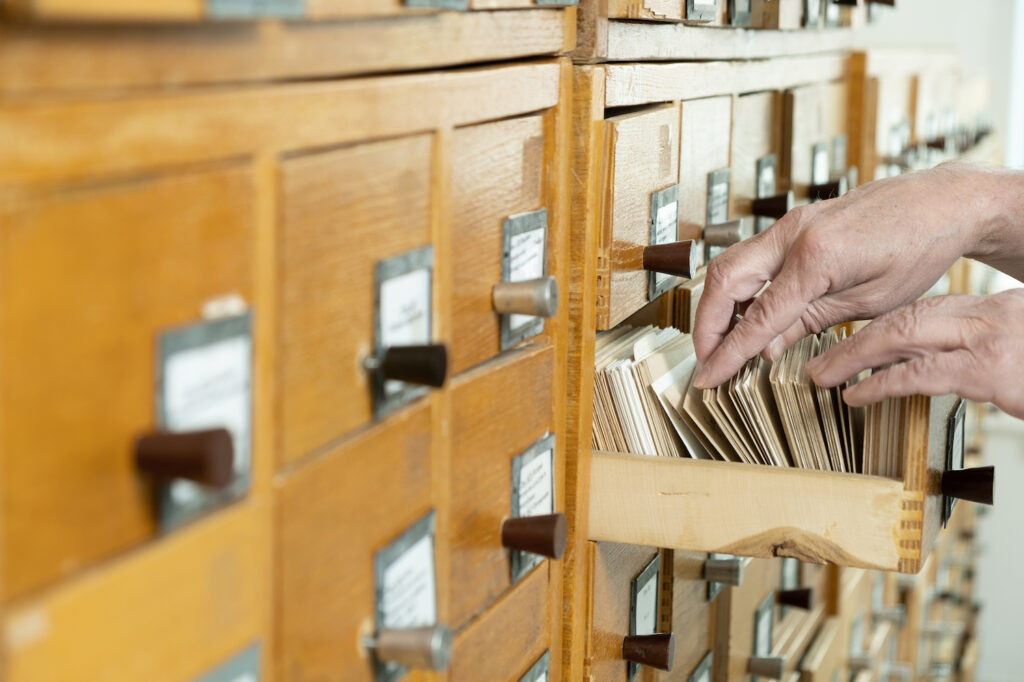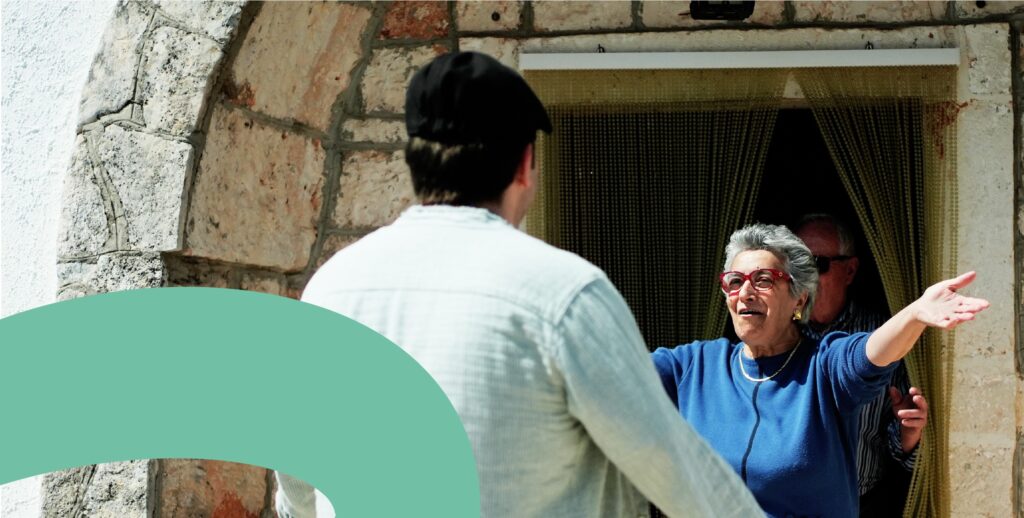Lecce State Archives, a living history
To the layman they are austere and lifeless places, little more than “repositories” of old documents. Yet, it is precisely from the Archives that people’s history comes through and can also come back to tell its story. The Lecce State Archives holds the traces of generations of Salento families and tells the story of how the area has changed over time.
State Archives Lecce, a heritage 14 kilometers long
More than 156 thousand pieces of paper, more than eighty parchments, one membranous document, as well as about 1,700 maps and cartographic documents: to arrange the folders side by side would result in a path of as much as fourteen kilometers, heading backwards into the past. Of the people of Lecce and not only: until the 1920s, in fact, the Province of Terra d’Otranto included not only Lecce but also Brindisi and Taranto, which is why deeds from the entire southern heel are preserved here.
Material media, however, today are not the only ones available for consultation: in order to preserve the integrity of the heritage, the most recent work of the Lecce State Archives is in fact geared toward digitizing notarial records and more.
The small room is frequented by students and researchers, local history scholars, as well as technicians who come here to consult the oldest cadastral data on properties and school students involved in in-depth projects. Often the draft lists or the Roll of the Fallen are valuable windows to find details about the events of their ancestors.
Another type of users, increasingly numerous, are Italian-descendants interested in recovering the history of their grandparents who left for other countries. Immersing oneself in this type of “investigation” firsthand is certainly a fascinating experience, however, one must be able to juggle the archival technicalities. This is why they often turn to an experienced genealogist to carry out or support their research among the records that remained in their country of origin and later found their way into the State Archives in Lecce.
Exhibitions, along with the production of catalogs and other publications, are another aspect of the State Archives’ mission to open up to the community. There is certainly no shortage of material, ranging across different eras and contexts
Among the notarial documents, a journey backward among illustrious Salentines
One of the most valuable documents preserved in the Lecce State Archives is the 1473 Codex signed by Maria d’Enghien, a unique specimen that contains statutory provisions on the “florentissima Civitas Licii.”
More recent pages, but not without charm, are those concerning the Salento “VIPs” of the twentieth century. These include the birth certificate of Lecce-born Tito Schipa, one of the most famous grace tenors of the last century, who made the United States and beyond fall in love with him, and the matriculating role of Rodolfo Guglielmi, aka Rodolfo Valentino, who from Castellaneta, in the present-day province of Taranto, came all the way to Hollywood where he became an outstanding latin lover of silent films.






